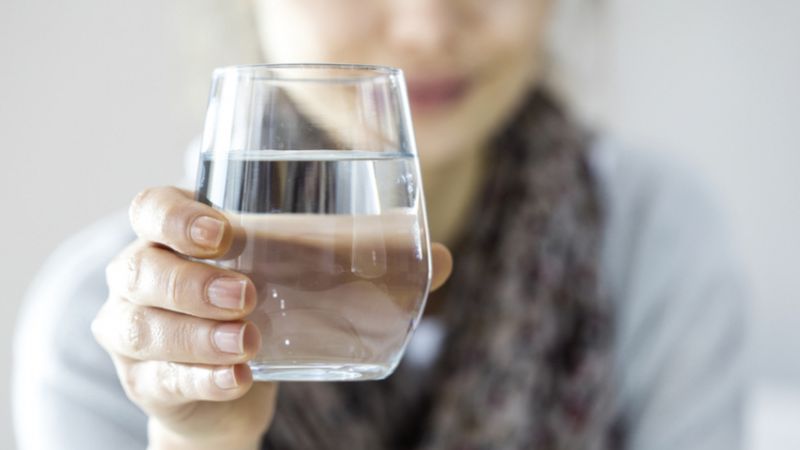Dentistry has come a long way over the past century. As our diet evolved over time, the significance of protecting our teeth has become essential. The foods and drinks you consume have a huge impact on your enamel and overall oral health. A huge advancement in dentistry was the discovery of fluoride in the twentieth century. Fluoridated water has proven to prevent tooth decay, cavities and protect the enamel. According to a new study, fluoridated water may even help older adults keep their natural teeth.
Tooth Protection
The study was conducted at the dentistry school of Trinity College Dublin and involved almost 5,000 adults over the age of 50. The researchers collected how many teeth the participants had as well as measuring bone density with ultrasound. They found that the individuals who lived in areas with fluoridated water had more teeth. What was interesting was that fluoridation, however, had no effect on overall bone density even though it has proven to increase bone mass.
As we age, it is not uncommon to lose teeth due to tooth decay, gum disease and dry mouth. Oral hygiene is so important because it correlates with one’s general well-being. Studies have correlated gum and tooth disease to heart disease. Many believe this to be because oral infections can easily reach the heart through the blood.
Oral Hygiene
Tooth enamel protects our teeth from everyday wear and tear of all the different foods we chew. However, this clear, hard outer layer can start to erode if not properly protected, eventually causing tooth decay and cavities.
Some of the symptoms of tooth erosion are:
- Pain or sensitivity when eating hot or cold foods.
- Uneven edges on the teeth.
- Yellow teeth.
- Shiny surfaces on the tooth
Fortunately, there are ways to protect your enamel and many start with the types of food you eat.
- Try to avoid foods and drinks high in acidity such as sodas, candies, and juices. In the event that you do consume acidic foods, try to get into the habit of rinsing you mouth shortly afterwards.
- Finish a meal with a dairy product such as milk or cheese to cancel out the acids.
- Drink more water throughout the day to avoid dry mouth.
- Use a soft toothbrush and avoid brushing too hard.
- Use fluoride toothpaste and mouthwash to help protect your teeth.
Advancements in dentistry have made it easier to achieve healthy teeth. It is essential to maintain good hygiene to protect the longevity of our teeth as we age. Remember to brush and floss your teeth as least two times daily. Ask your dentist for a recommendation as to what products are most effective in reducing tooth decay.


